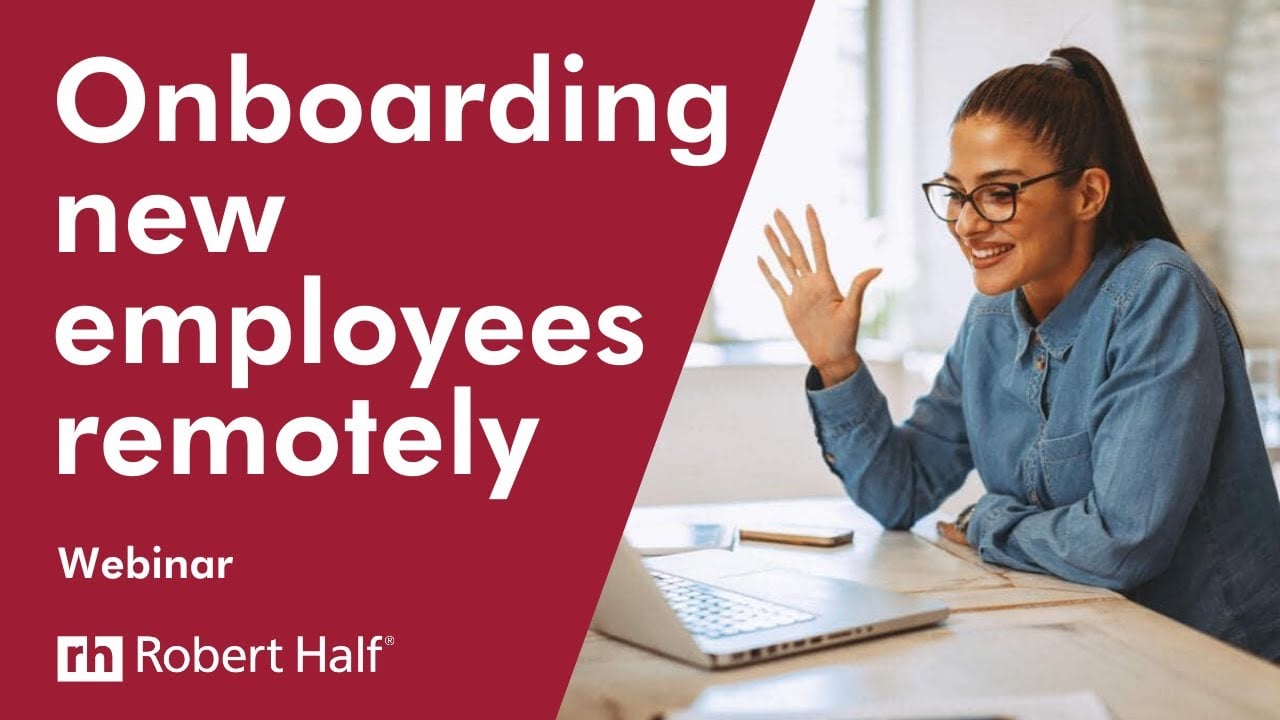2. Set realistic expectations
Many professionals drawn to remote jobs are incredibly hardworking and self-sufficient. However, remote employees may feel a need to prove they’re putting their nose to the grindstone to maintain visibility. Some individuals may consequently begin to experience burnout or feel unappreciated in their attempts to be seen.
Managers can prevent these issues from occurring by setting schedules that work best for the individual and developing routines for new hires from the start. When remote workers know what’s expected, they’re more inclined to give themselves room to recharge and participate in meaningful ways.

